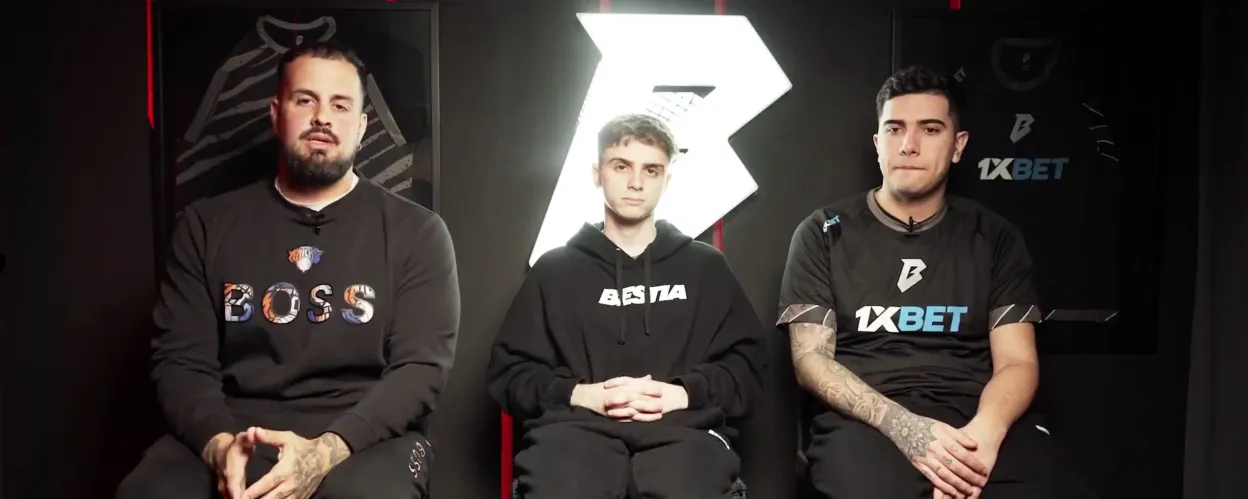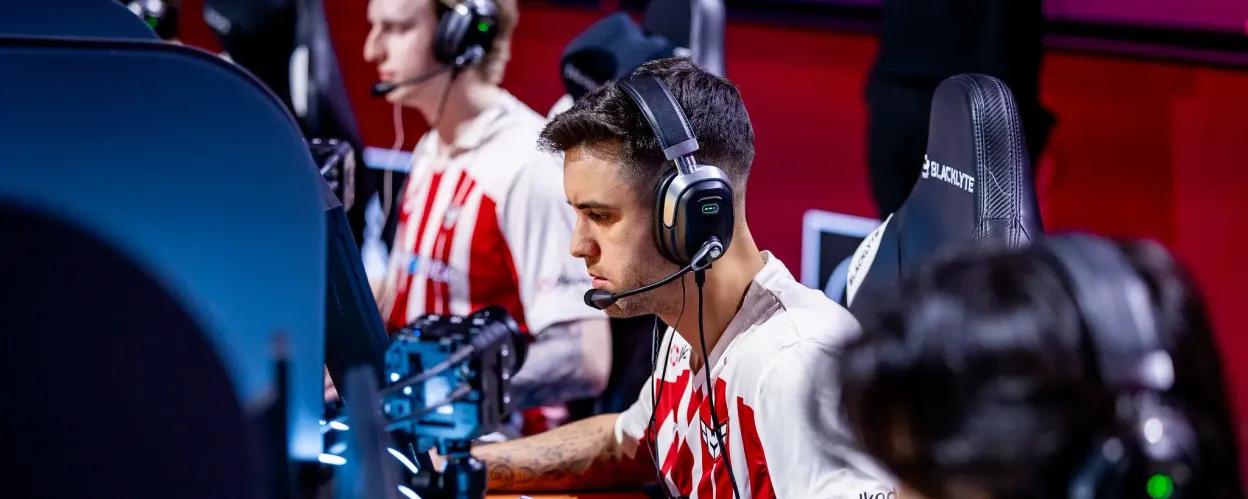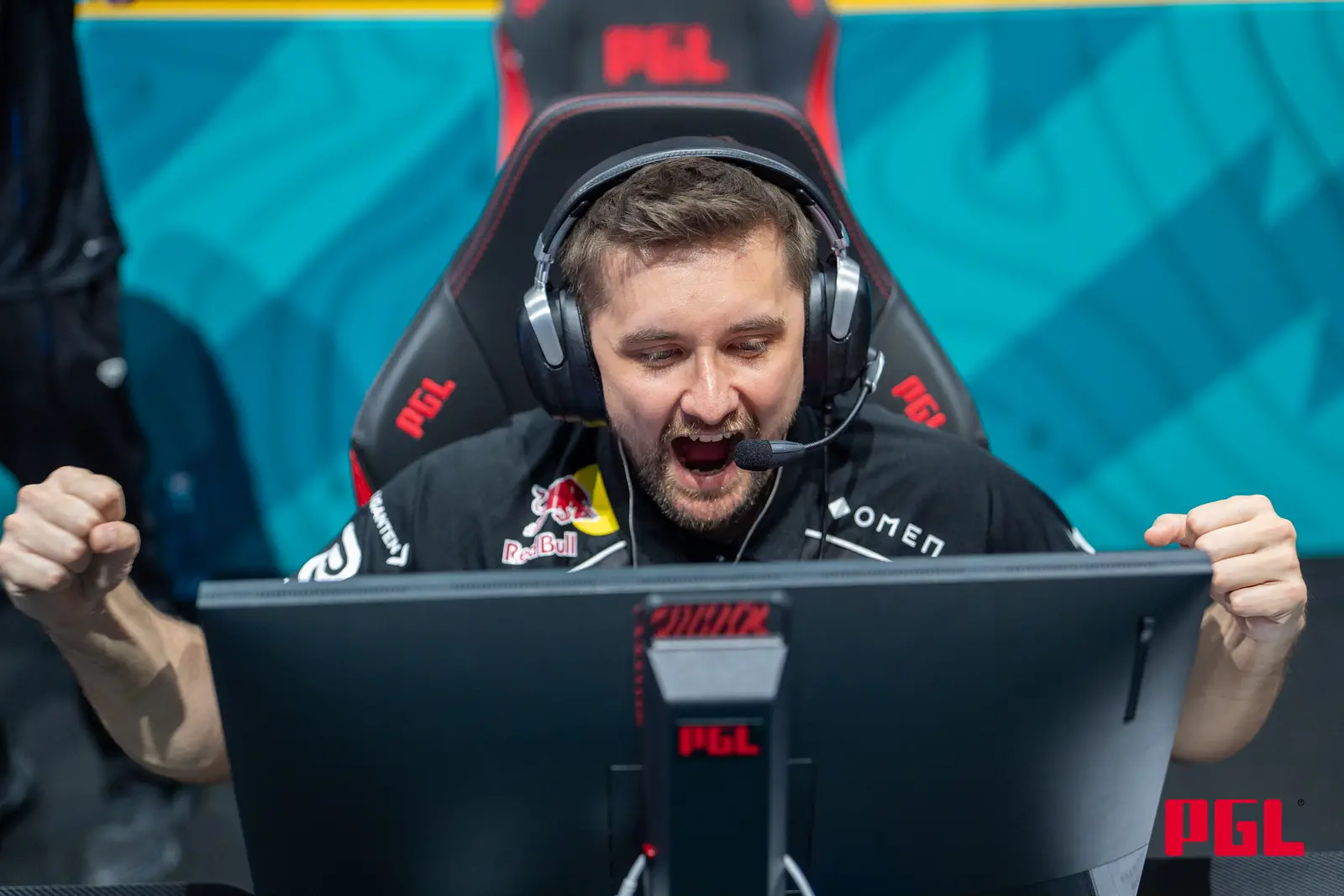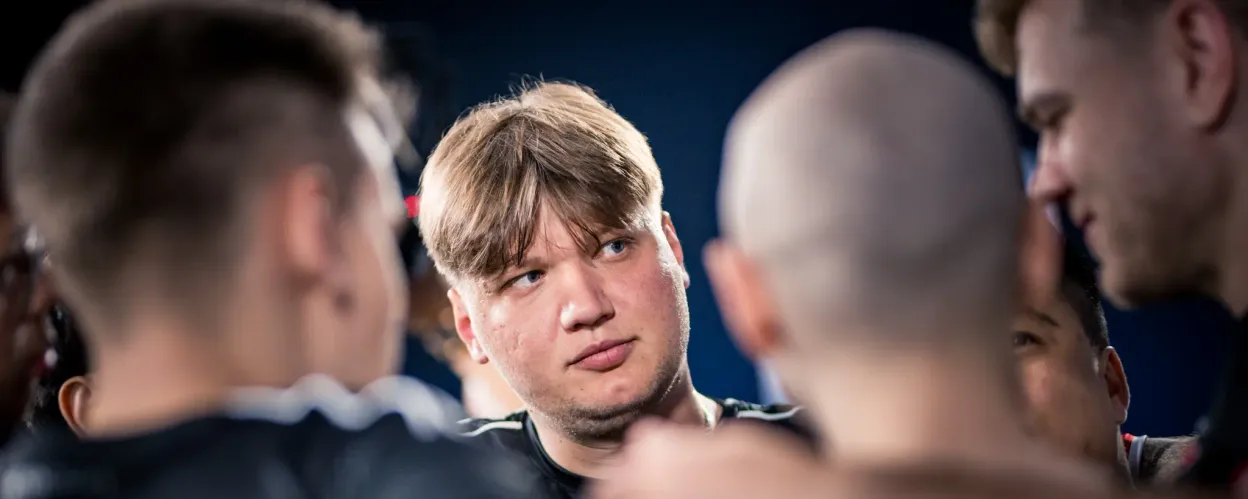A conflict has erupted between Bestia and the tournament operator BLAST, which might escalate into a legal battle. After the team was denied participation in the BLAST.tv Austin Major 2025, Bestia 's CEO, Alejandro "PapoMC" Lococo, made a strong statement and promised to sue BLAST in the US and the UK.
How the Conflict Developed
We have previously reported on the scandal between Bestia and BLAST — details of the situation can be found in our earlier article. To recap, the Argentine team was preparing to participate in the BLAST tournament and claimed to have met all the organizers' requirements, including visa arrangements. However, before the competition began, the club was informed that they would not be allowed to participate, despite having submitted all necessary documents on time.
In an official statement published on social media platform X , the organization stated:
We regret that BLAST adheres to an arbitrary decision that contradicts the most basic sense of fairness and sportsmanship. Bestia has fulfilled all the requirements presented by the organizer in all its communications and duly reported obtaining visas. We are being unlawfully deprived of our right to participate. What is happening is unprecedented in the history of CS2 .
Bestia
Details of the Legal Claims
Bestia was set to participate in one of the most significant tournaments of their career — a major for which they secured a slot through regional qualifiers. BLAST's decision effectively nullified the team's efforts, leaving the players without the opportunity to compete in the tournament.
Bestia 's CEO, Alejandro Lococo, took a firm stance on his social media:
You know you're doing wrong. We wanted to resolve everything fairly. See you in court in Texas, and then in London . I won't let you play with my children's dreams.
Alejandro "PapoMC" Lococo
If Bestia 's legal actions lead to changes, it could impact the entire structure of tournament qualification and participation. Teams from Latin America, Asia, and the CIS, who often face visa barriers and logistical challenges, remain particularly vulnerable. Bestia 's story could mark the starting point for re-evaluating access rules and team rights on the international stage.




